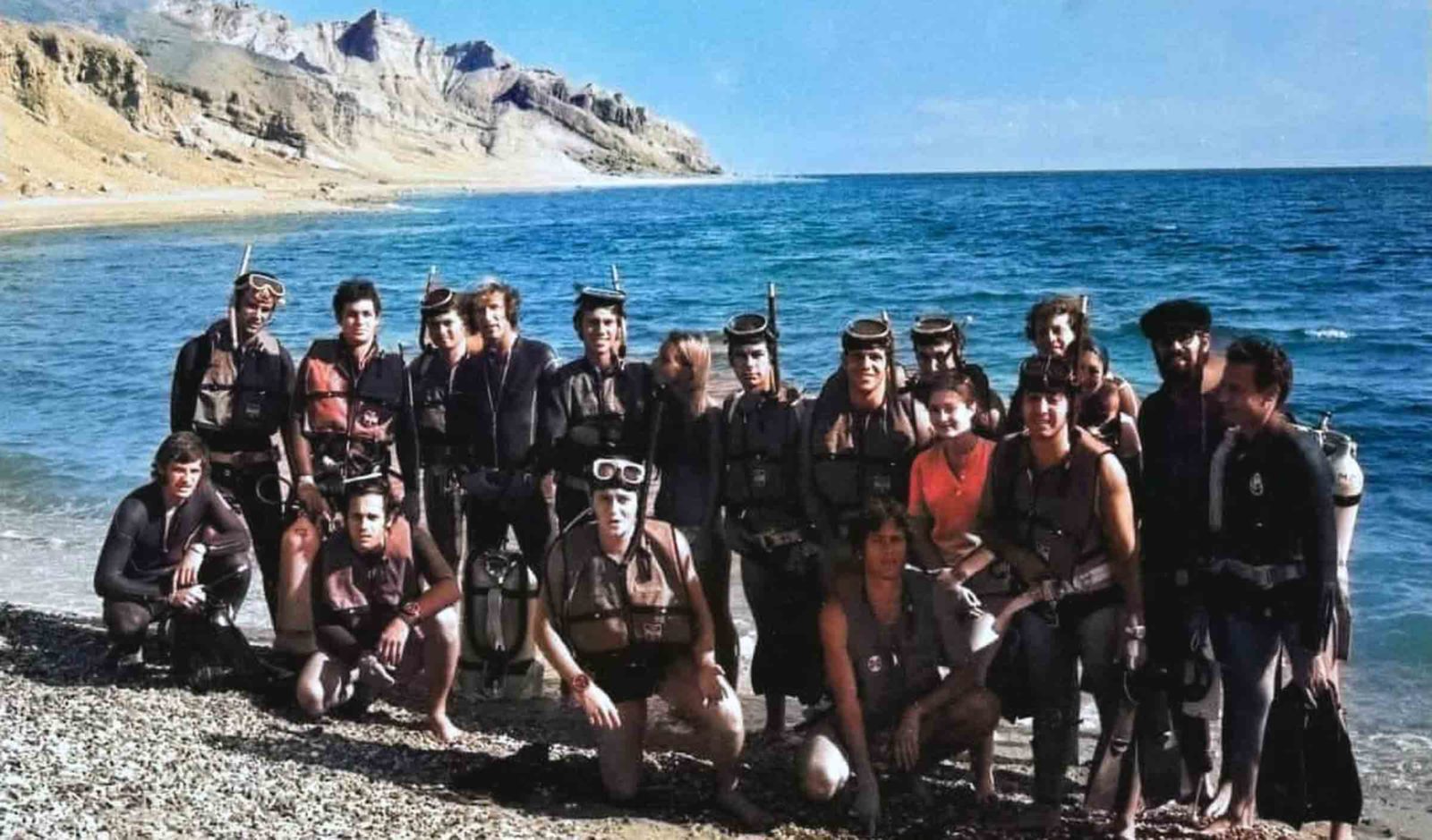Howard Rosenstein is in the Scuba Diving Hall of Fame alongside names such as David Doubilet, Eugenie Clark and of course Jacques Cousteau.There was a seasoned diver, had never dived with him encircled by interested onlookers at the dive shop
with him drawing an underwater map of a site in an area of hundreds so I recognised it and told them so
A guy drawing an underwater map on the counter on a paper scrap, and I recognised it, I was impressed
See so all you need is some seasoning
It's also quite inspiring having a chat with Howard Rosenstein
It was SO much easier when we had to think to survive, rather than surrendering our thinking to survive

Dawning of dive tourism in the Red Sea
Ever wondered how organised scuba operations got started in the Red Sea? HOWARD ROSENSTEIN was a prime mover, taking his guests diving out of a sandy-flooreddivernet.com
It only happens, when you make it, so
Not only Red Sea diving pioneer (first dive club in Egypt and Sinai): also among first liveaboards to cover all red sea all the way to Seychelles Aldabra, inventor of ProEar mask and of course all the Fantasea line of underwater photography.





